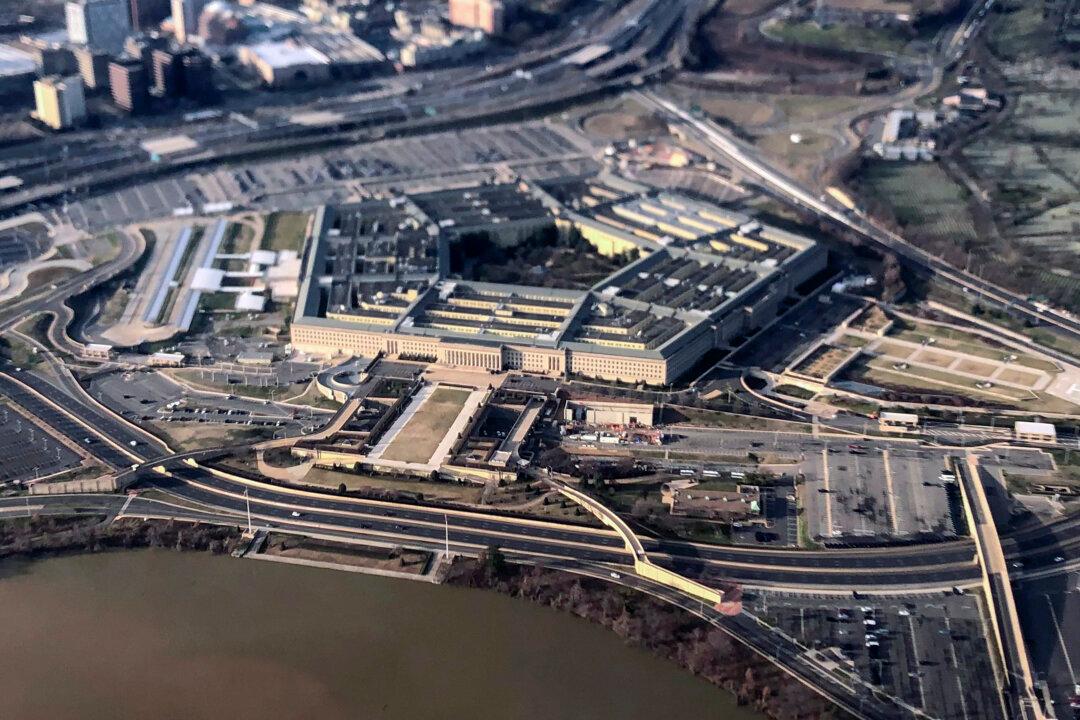One of the United States’ most trusted allies is asking for an explanation around what appears to be a cache of leaked top secret defense documents.
The Australian government has said it is seeking further information on the matter and that it is concerned about the potential disclosure of alleged classified U.S. defence information after alleged defense documents marked Top Secret and Secret were published on social media platforms like Discord, Twitter, and Telegram.




